Will Oregon act on climate or squander our chance?

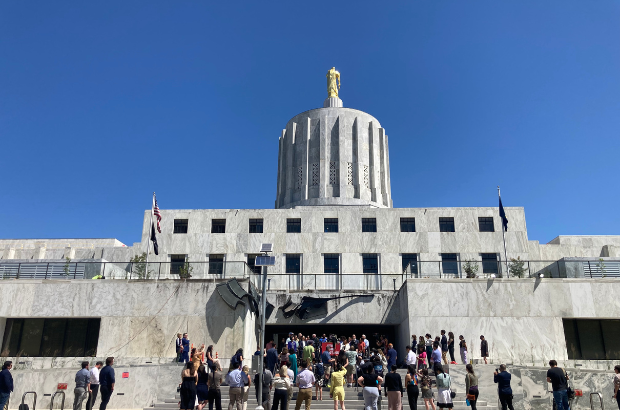
By: Meredith Connolly on
The longest GOP walkout in state history has finally come to an end. It has been an egregious situation where a bloc of Republican Senators used non-democratic tactics to deny the collective will of all Oregonians and shutdown the government for weeks.

By: Greer Ryan on
NW Natural doesn't have a realistic plan to meet Oregon's climate goals. Tell the Commission to send them back to the drawing board.
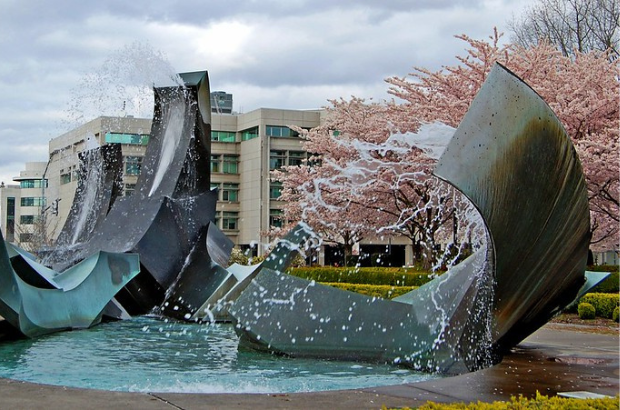
By: Meredith Connolly on
We think you’ll agree: Every single Oregonian deserves to be protected from the climate crisis.

By: Jonathan Lee on
Nature is a part of our collective home every bit as much as any four walls and a roof, all of which needs recognition and protection.
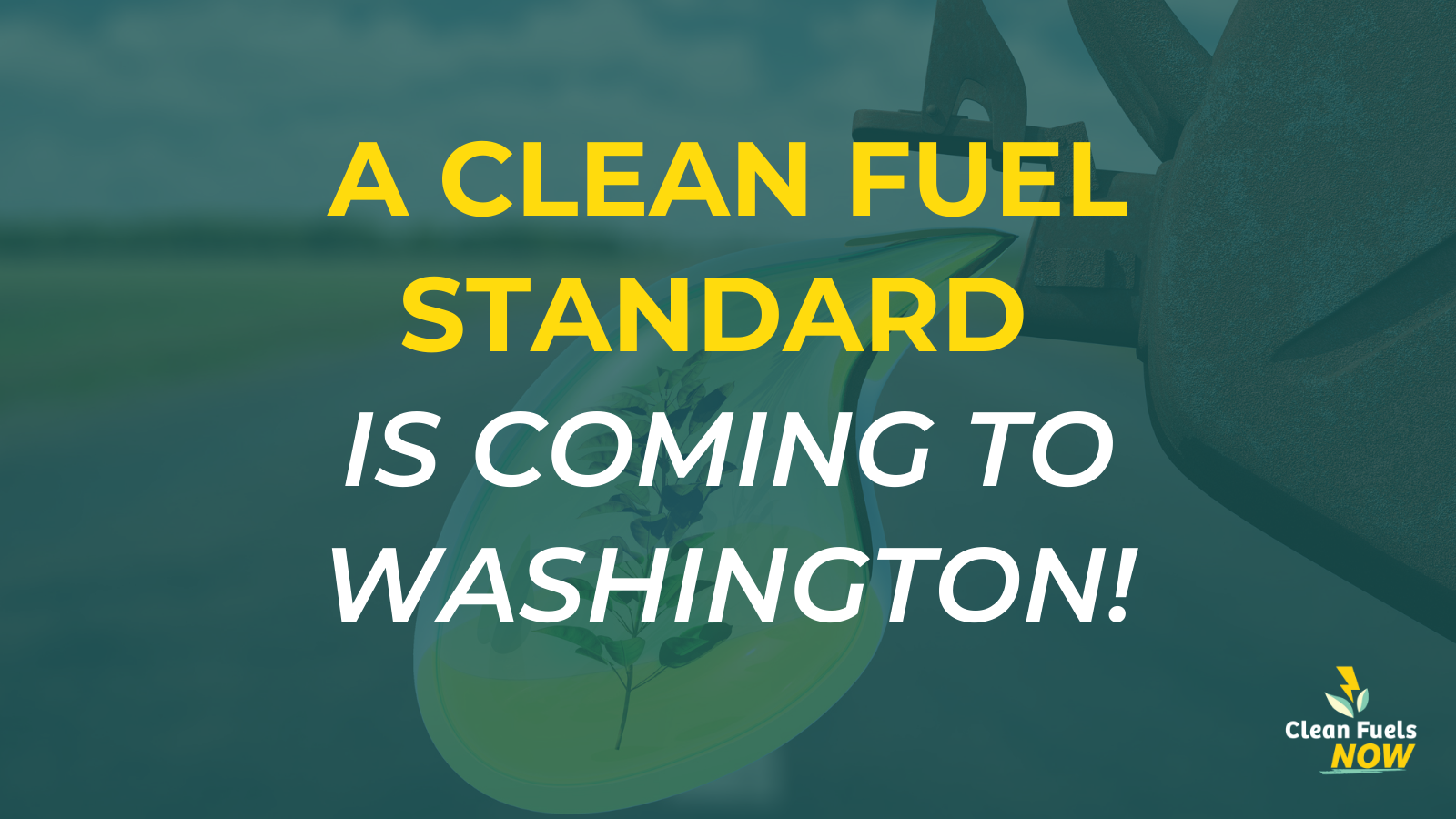
By: Stephanie Noren on
Washington finalizes Clean Fuel Standard to reduce climate pollution, protect health, and benefit local economy with implementation beginning Jan 1, 2023
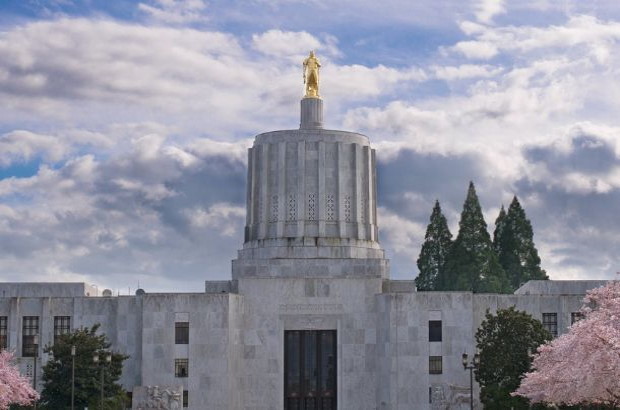
By: Meredith Connolly on
Voting yes on Measure 113 will help us make the necessary progress in Oregon on an equitable transition to a clean energy-powered grid, transportation system, and buildings.
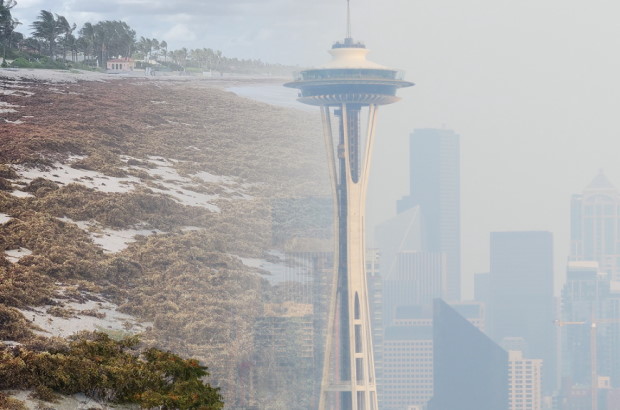
By: Savitha Reddy Pathi on
Naming climate disasters after major polluters, overcoming the status quo, and supporting those first and worst affected by climate change-fueled disasters.
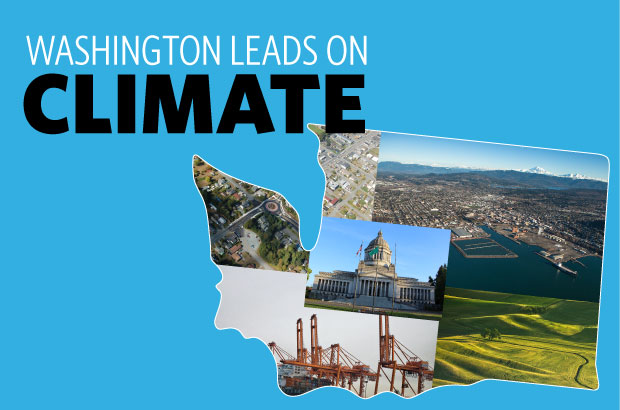
By: Kelly Hall on
WA made history by passing the strongest bill in the country to cap carbon pollution statewide. State agencies are starting the implementation process with a comment period on the draft rules ending this Friday July 15th. You can add your voice to influence this groundbreaking climate policy and let the Department of Ecology know what’s important to you.
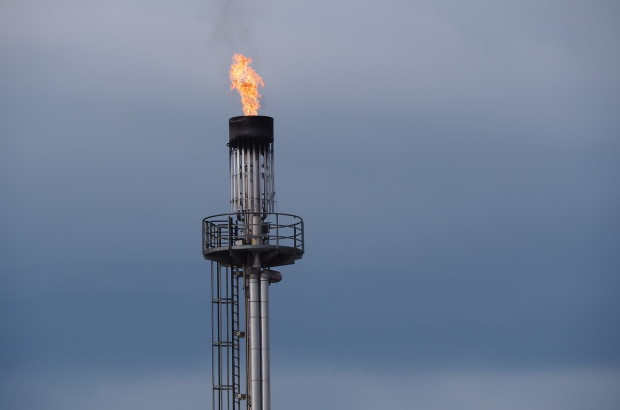
By: Greer Ryan on
NW Natural—Oregon's largest fossil fuel utility—wants to raise gas prices by nearly 12 percent. By supporting further growth of the gas industry, this rate hike will increase energy burdens for already struggling Oregon families, worsen the climate crisis, and pollute the air we breathe.
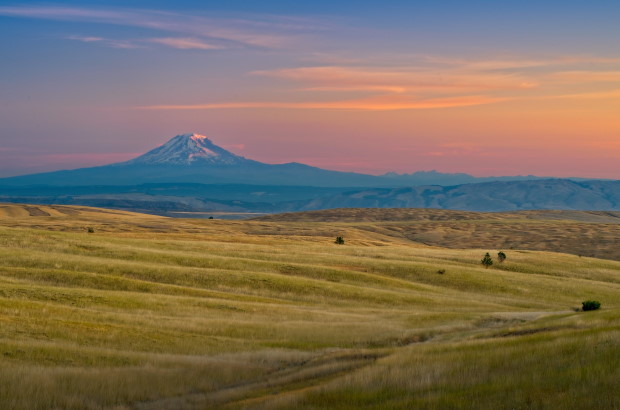
By: Meredith Connolly on
Today is a significant milestone for Oregon’s climate progress, but it requires a little time traveling to the cusp of the pre-COVID times to fully appreciate how far we’ve come.
Join our email list to learn about what we do and how to get involved.
We think you’ll agree: Every single Oregonian deserves to be protected from the climate crisis.